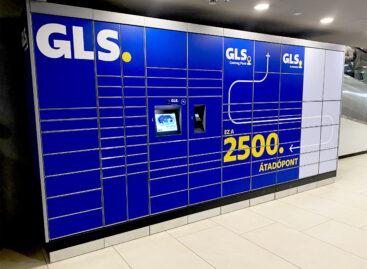Couriers protest over deteriorating working conditions
Food delivery workers are preparing to protest again in Budapest on September 18. According to the League of Couriers (FL), delivery work has become a “fight for the hungry” in recent years, primarily due to the decreasing purchasing power of wages and the lack of transparency in working conditions, writes Telex.
 According to the FL, the purchasing power of couriers has fallen by 40-50 percent in four years, partly as a result of the abolition of the katas tax form. Gergely Tóth (“Greg”), a representative of the organization, highlighted that although according to Foodora data, average tips have increased by 10 percent per year in the past three years, the number of couriers has increased from 4,000 to 6,000, so per capita income has decreased.
According to the FL, the purchasing power of couriers has fallen by 40-50 percent in four years, partly as a result of the abolition of the katas tax form. Gergely Tóth (“Greg”), a representative of the organization, highlighted that although according to Foodora data, average tips have increased by 10 percent per year in the past three years, the number of couriers has increased from 4,000 to 6,000, so per capita income has decreased.
An average courier has a gross annual turnover of 9 million forints, but after deductions, barely 3 million remains, claims the FL.
Couriers complain that they are often given a new address during a delivery, when they have no opportunity to consider the terms. According to them, the previous system was more predictable, but the current one “creates a situation of constraint” in which someone always accepts the deliveries for any low fee.
Foodora confirmed that the total wage bill has indeed increased and emphasized that their goal is sustainable operation, which serves the interests of all actors – couriers, partners and users. According to the company, couriers see the expected remuneration before each order, so they are free to decide whether to accept it. In August, they implemented a further increase in the average rate of 4 percent in rural areas.
In the gig economy (Uber, Wolt, Foodora), workers are contractual partners, so their rights to assert their interests are limited. Several legal precedents have been set abroad: California allowed taxi drivers to unionize, and the UK Supreme Court recognized drivers as employees in 2021. However, these required strong pressure and work stoppages.
Related news
GLS Hungary has prepared everything so that holiday packages arrive on time
🎧 Hallgasd a cikket: Lejátszás Szünet Folytatás Leállítás Nyelv: Auto…
Read more >Related news
How to spend Valentine’s Day around here
🎧 Hallgasd a cikket: Lejátszás Szünet Folytatás Leállítás Nyelv: Auto…
Read more >PwC Consumer Loyalty Survey now available for pre-order
🎧 Hallgasd a cikket: Lejátszás Szünet Folytatás Leállítás Nyelv: Auto…
Read more >






